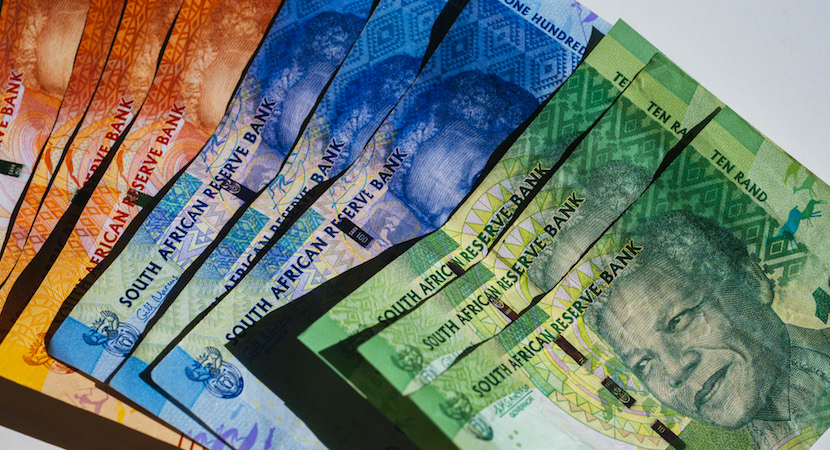Credit rating agency Moody’s says while SA’s credit profile is “resilient to shocks” that support its investment-grade rating, the country’s credit profile is likely to continue to erode.
South Africa faces weak long-term growth despite its favourable government debt structure, it said.
Moody’s is the only international credit rating agency that has not downgraded SA to junk, keeping SA at Baa3 – the last rung of investment grade. The agency published a post-election credit report on South Africa on Thursday morning. The report is not a ratings action.
Moody’s painted a gloomy picture of the country’s GDP growth rate, which was expected to remain one of the lowest among Baa3-rated sovereigns. It said government’s debt burden was expected to rise to 65% of GDP by 2023 and more than 70% when including guarantees to debt-laden power utility Eskom.
“While South Africa has strengths, including a favourable government debt structure and a large pool of domestic investors, in the absence of effective policy change, the sovereign’s credit profile will most likely continue to erode, with fiscal strength weakening and growth remaining low,” said Vice President – senior credit officer Lucie Villa and co-author of the report
“Fading prospects of policies that will sustain fiscal and economic strength, alongside any signs of diminishing resilience to shocks, would put downward pressure on the country’s rating.”
The agency did not say when it would be reassessing South Africa’s sovereign credit rating. Analysts have predicted this may happen after President Cyril Ramaphosa announces his Cabinet.
Reverse rising Debt
Moody’s said the new government will have to arrest and reverse long term decline in SA’s growth profile, but due to the enormous difficulty in doing so, the rating agency expected low growth to continue to weigh on the country’s economic strength for the next few years.
“Against the backdrop of a low growth environment, the new administration will face the challenging task of arresting and ultimately reversing the rising debt trend. Its ability to do so, through some combination of higher growth and lower deficits, will determine the evolution of South Africa’s credit profile and rating over the coming years,” the report read.
READ: Sunday Read: Moody’s and the woman who didn’t press the red button
“In seeking to arrest the rise in indebtedness, the government will need to overcome spending pressures relating to interest and wages, together with obstacles to raising further revenues including from the diminishment of the [SA Revenue Services’s] capacity under [former President Jacob] Zuma’s administration.
“However, without policy measures that bring the deficit down from its recent levels of 4.5%-5.0% of GDP, the debt-to-GDP ratio will likely rise above 70% (including Eskom guarantees) over the next few years, higher still in a downside scenario involving yet weaker growth, wider fiscal deficit, tighter financing conditions.”
READ: SA’s debt repayment costs rising but still ‘affordable’ – Moody’s
SA’s economy and debt composition does, however, provide a “number of strengths that bolster the country’s resilience to shocks”.
“Signs that this resilience has diminished, making the sovereign more vulnerable to a sudden shift in financing conditions for instance, would weaken the credit profile,” read the report.
(Source: Fin24)






 WhatsApp us
WhatsApp us 

